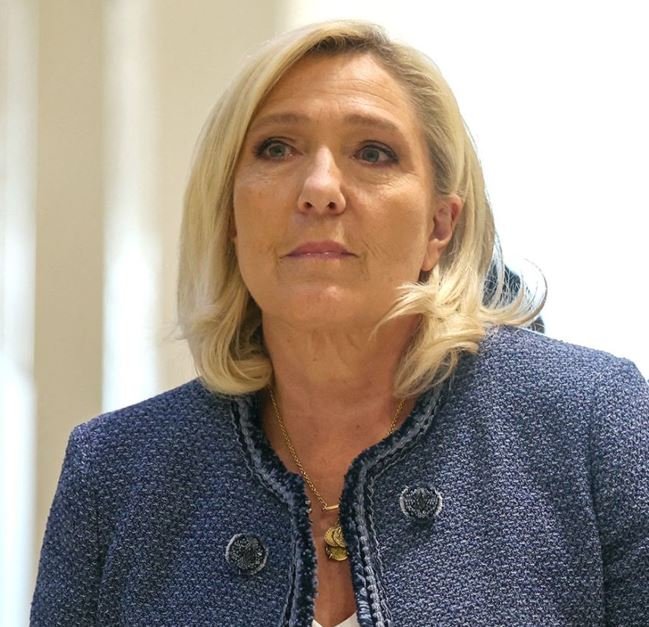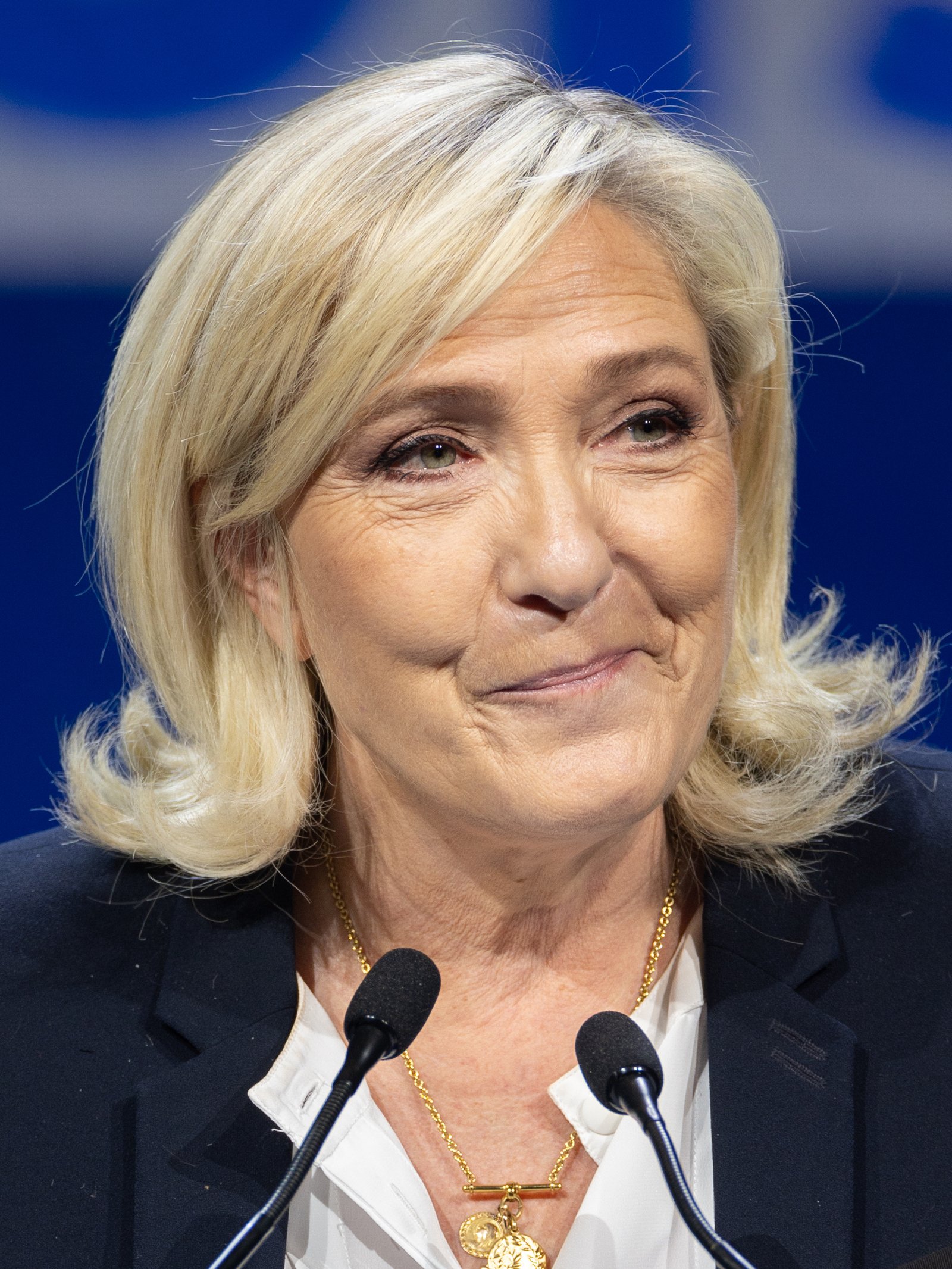On Monday, a Paris criminal court convicted Marine Le Pen, a prominent French far-right leader, of embezzlement, sentencing her to a five-year ban from public office and plunging France into a democratic uproar. The ruling sidelines the current favorite for the 2027 presidential race, a move the presiding judge called essential to uphold the rule of law, stressing that no one gets a free pass to dodge accountability.
Jordan Bardella, Le Pen’s protégé and a potential stand-in candidate, took to social media, decrying the verdict as an attack on both Le Pen and French democracy itself. European hard-right figures, like Hungary’s Prime Minister Viktor Orban, echoed his outrage, with Orban proclaiming, “I am Marine!” Meanwhile, centrist lawmaker Sacha Houlié countered, “Are we so broken as a society that we’re offended by the simple enforcement of justice?”

Le Pen, a fierce anti-immigration nationalist with three unsuccessful presidential runs under her belt, stormed out of the courtroom looking shaken, muttering “unbelievable” as the sentence was still being read. Ignoring the swarm of cameras outside, she’s slated to address the nation on French TV later Monday night. Despite claiming calm before the trial, her demeanor suggested anything but.
A poll from Sunday pegged Le Pen at 34% to 37% for 2027—over 10 points ahead of her closest competitor—while President Emmanuel Macron, barred by term limits, can’t run again. Le Pen has fiercely denied the charges, which stem from allegations that her National Rally party misused millions in European Parliament funds from 2004 to 2016. The court handed her a four-year prison term, with two years suspended and the rest potentially served under house arrest, plus a $108,000 fine.
The political ban takes effect immediately, meaning only a successful appeal before the 2027 candidacy deadline could get her back in the race—a tall order given France’s sluggish appeals process. Even if she secures a retrial, overturning the prosecution’s case is no sure bet. Judge Bénédicte de Perthuis admitted that barring a politician who might later win an appeal raises questions of fairness, but insisted the severity of the offense and Le Pen’s refusal to own up to it justified the disqualification. “Elected officials aren’t above the law,” she emphasized.
The decision could spark chaos if Le Pen rails against France’s shaky government or if public fury erupts. The government barely passed a budget this year and remains vulnerable to a no-confidence vote in the National Assembly, where Le Pen’s party holds the most seats. While the verdict doesn’t strip her current legislative seat, she’d be ineligible to run in snap elections—something Macron might call, as he did last year, amid the assembly’s deadlock.
Le Pen and her party were accused of pocketing nearly $5 million in European Parliament funds over a decade, a scandal that didn’t stop the National Rally’s climb from the political margins to mainstream power. She’s worked to overhaul the party—founded in 1972 by her father, Jean-Marie Le Pen—shedding its antisemitic and racist past, though its hardline stance on crime and immigration remains unshaken. The court found Le Pen “central” to a scheme that misused European funds, channeling money meant for parliamentary assistants into party work unrelated to EU duties during her 2004-2017 tenure as a European lawmaker.

